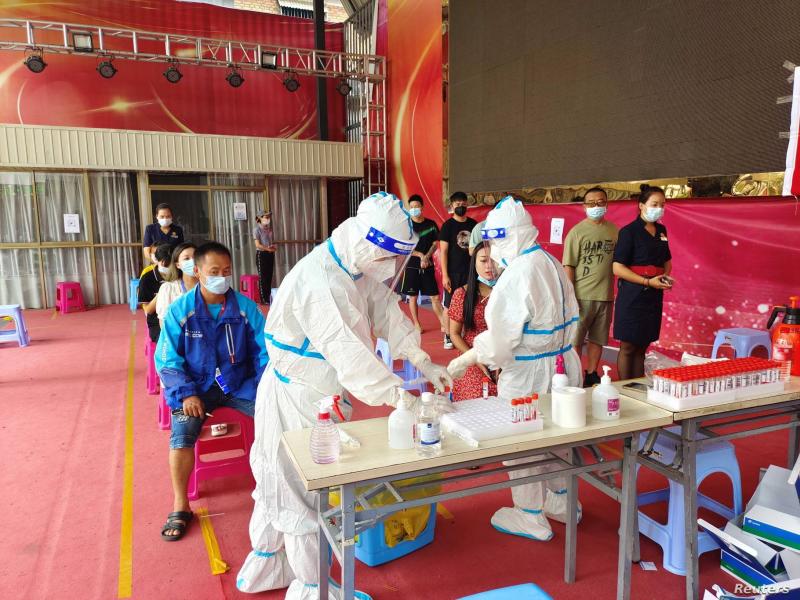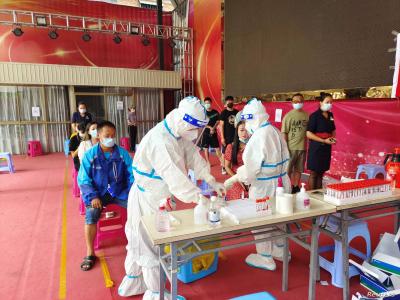A recent study reveals the secret behind the varying rates of COVID-19 infections in different countries, highlighting how some nations have managed to effectively control outbreaks. According to a report by the Washington Post on a new study comparing Vietnam with 177 countries and regions, the reasons behind Vietnam's success in keeping reported infection levels low are examined.
Before 2020, Vietnam appeared highly vulnerable to the pandemic, with the Southeast Asian nation of nearly 100 million people receiving low ratings in international assessments for universal health coverage. Nevertheless, Vietnam emerged as a success story in combating the pandemic. Even long after the virus began to spread in neighboring China, Vietnam maintained low levels of infections and deaths, in stark contrast to wealthy countries with more robust health systems.
**Fighting the Pandemic and Building Trust**
The study identified trust as the most significant factor in Vietnam's successful pandemic response. Thomas Bollyky, a researcher involved in the study, noted that Vietnam was expected to fail in combatting the coronavirus based on traditional preparedness principles. He added, "What Vietnam has is a very high level of trust in the government, where the people trust the ruling authority."
**The "Epidemic Enigma"**
Bollyky pointed out that the study "did not find any link between success in combating COVID-19 and democracy, populism, government effectiveness, universal healthcare, pandemic preparedness metrics, economic inequality, or even trust in science." These factors were crucial in pre-COVID rankings, such as the Global Health Security Index, which in 2019 rated the United States and the United Kingdom as the most prepared for a catastrophic biological event, with Vietnam ranked 74th out of 117 countries.
Rebecca Katz, director of the Center for Global Health Science and Security at Georgetown University Medical Center, which did not participate in the study, commented: "Trust in government and strong community engagement are critical for public health response."




